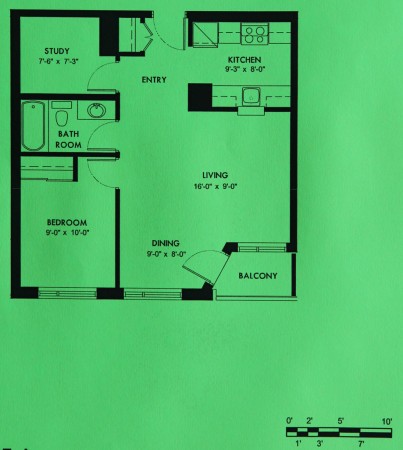At the moment, Canada is competing for one of the ten non-permanent seats in the United Nations Security Council – the principal international body charged with the maintenance of international peace and security. Canada thinks of itself as an internationalist country that has committed itself to peacekeeping and other forms of international assistance. Unfortunately, Canada is also doing virtually everything in its power to worsen the most pressing medium-term threat to international security, namely climate change.
At the moment, the United Nations process designed to find a successor to the Kyoto Protocol is going nowhere. While that situation has many causes, one of the most important has been the unwillingness of developed states to make real commitments and take meaningful domestic action. For its part, Canada has adopted targets that would be better than nothing, but which are neither fair now adequate. In order for the world to avoid dangerous climate change, other countries would need to pick up the slack created by Canada’s lack of ambition. Even worse, Canada has no credible plan to meet those targets, and has taken no serious domestic action on climate change.
Right now, Canada is flirting with some of the most dangerous energy options out there. These include unconventional oil and gas, including the oil sands and shale gas, as well as fossil fuel reserves in formerly inaccessible places like the Arctic. Chasing those fossil fuels is foolishness. It commits us to perpetuating an energy system that profoundly threatens future generations, and redirects resources from the task of building a sustainable basis for our society.
As long as Canada continues to behave with such reckless disregard for those outside its borders, including those who are not yet born, it doesn’t deserve the prestige associated with a Security Council seat. To be sure, some of Canada’s international actions have been and are praiseworthy, but that doesn’t counterbalance the way in which Canada is helping to commit the world to a colossal blunder. Ultimately, it may require Canada becoming an international pariah before our government will stand up to the oil and gas sector. Hopefully, it won’t come to that. If Canada loses its bid for this seat on the basis of domestic and international disapproval of our environmental record, perhaps it will be a much-needed signal that our recent conduct has been unacceptable.
[Update: 12 October 2010] Canada’s bid was unsuccessful. Hopefully, the embarassment will encourage Canada to play a more constructive role in future climate change negotiations.








